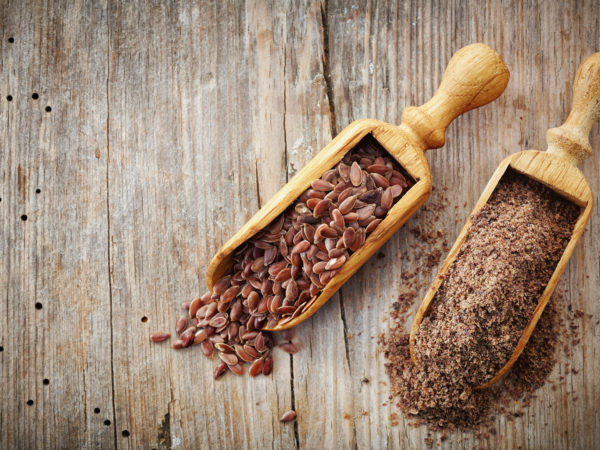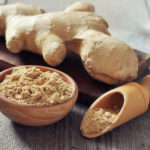Lupus: A Natural Approach?
My husband and mother-in-law have been diagnosed with lupus. Are there any vitamins they can take that might ease their symptoms?
Andrew Weil, M.D. | June 26, 2002

Lupus is an autoimmune disease that can be mild or life-threatening and can cause a wide variety of symptoms, including arthritis, skin rashes, neurological problems and kidney disease.
Fortunately, lupus can, and often does, go into remission – for weeks, months, even years. The more severe forms are difficult to manage medically. Conventional doctors use immunosuppressive drugs such as prednisone (a corticosteroid), to control severe symptoms. While these may be necessary for short periods, long-term use is not wise, because they can reduce the chance that the disease will go into remission naturally.
People with lupus should take a good multivitamin/multimineral supplement with my recommended dosages of antioxidants; however, there are many other approaches to this disease. The male hormone DHEA (dehydroepiandrosterone), produced in the adrenals, seems to help and may reduce the need for prednisone. Several small studies have shown that taking 200 mg per day can be beneficial and larger studies are underway. Although DHEA is available over-the-counter, I do not recommend that anyone take it without medical supervision. The downside of DHEA use is an increased risk of heart attack and breast and prostate cancer so it is vital that a physician monitors anyone taking it for lupus. Furthermore, over-the-counter brands of DHEA may not be as reliable as prescription forms.
Your husband and mother-in-law should also modify their diets. I recommend increasing intake of omega-3 fatty acids by eating sardines or other oil fish (salmon, herring, mackerel) three times a week or supplementing with freshly ground flaxseeds (grind two tablespoons a day and sprinkle over cereals or salads). Avoid polyunsatured vegetable oils (safflower, sunflower, corn, etc.), margarine, vegetable shortening, and all products made with partially hydrogenated oils. Eat a low-protein, plant-based diet that excludes all products made from cows’ milk, be sure to eat plenty of fresh fruits and vegetables (with the exception of alfalfa sprouts, which contain the amino acid L-canavanine that can worsen autoimmunity.)
For arthritic symptoms take a natural anti-inflammatory agent containing ginger and turmeric. Get the right kind of regular exercise; swimming or water aerobics are best for those who have arthritis symptoms. And urge your husband and mother-in-law to avoid any conventional doctor who encourages a hopeless or negative attitude toward managing the disease. Investigate traditional Chinese medicine and Ayurvedic medicine, both of which often do well with autoimmune conditions. Definitely try some mind/body therapy, such as hypnosis or interactive guided imagery. The mind/body connection is often obvious in the ups and downs of lupus, and you can take advantage of it to promote healing.
Andrew Weil, M.D.













